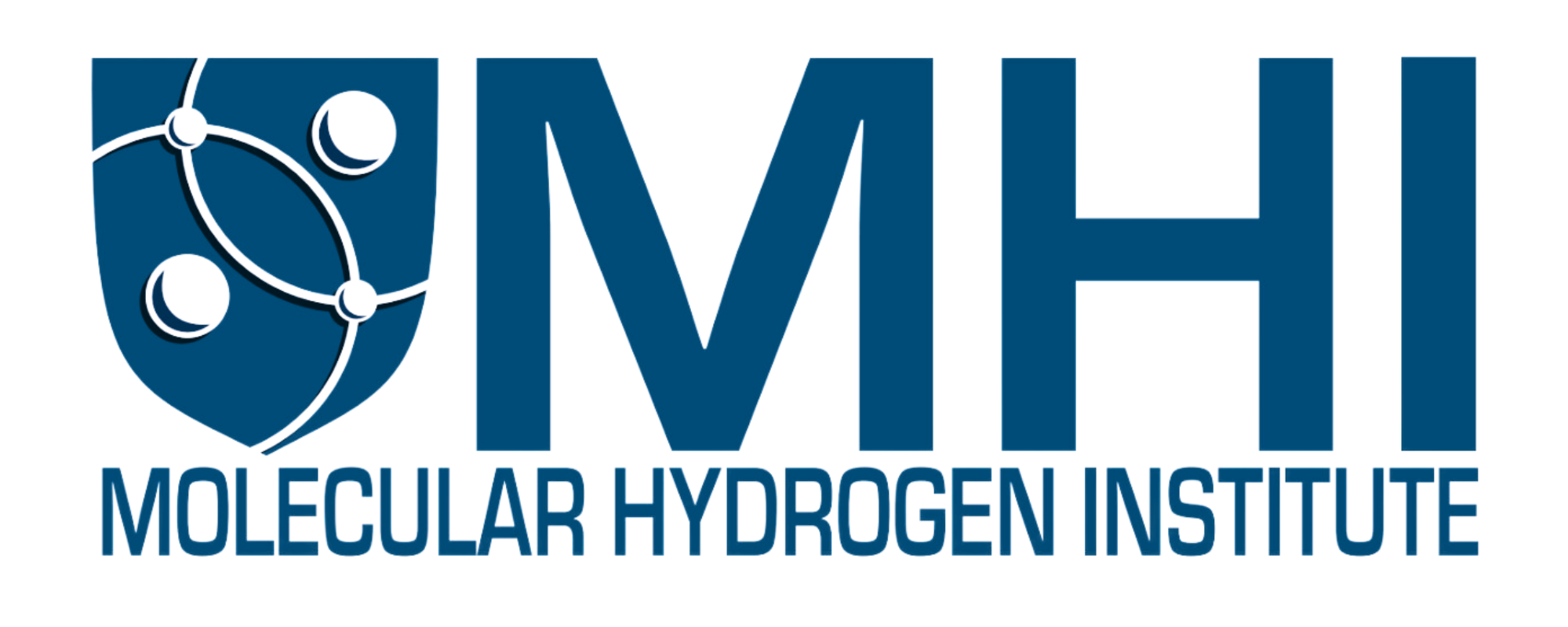H2 Advisor
(AVERAGE 4.7 RATING)
Level 1 Certification
Enroll in our Level 1 Certification Bundle, which includes all 6 essential courses. These courses are designed to be easy to understand, providing you with the critical scientific thinking skills, fundamental chemistry and biology knowledge, and a understanding of molecular hydrogen therapy. Become an H2 Advisor today!
$560.00 only $168.00 (Save over 70%)
Courses are offered through the following entities:

Level 1 Certification Includes
To be an H2 Advisor requires completion of these 6 courses and the Final Comprehensive Exam
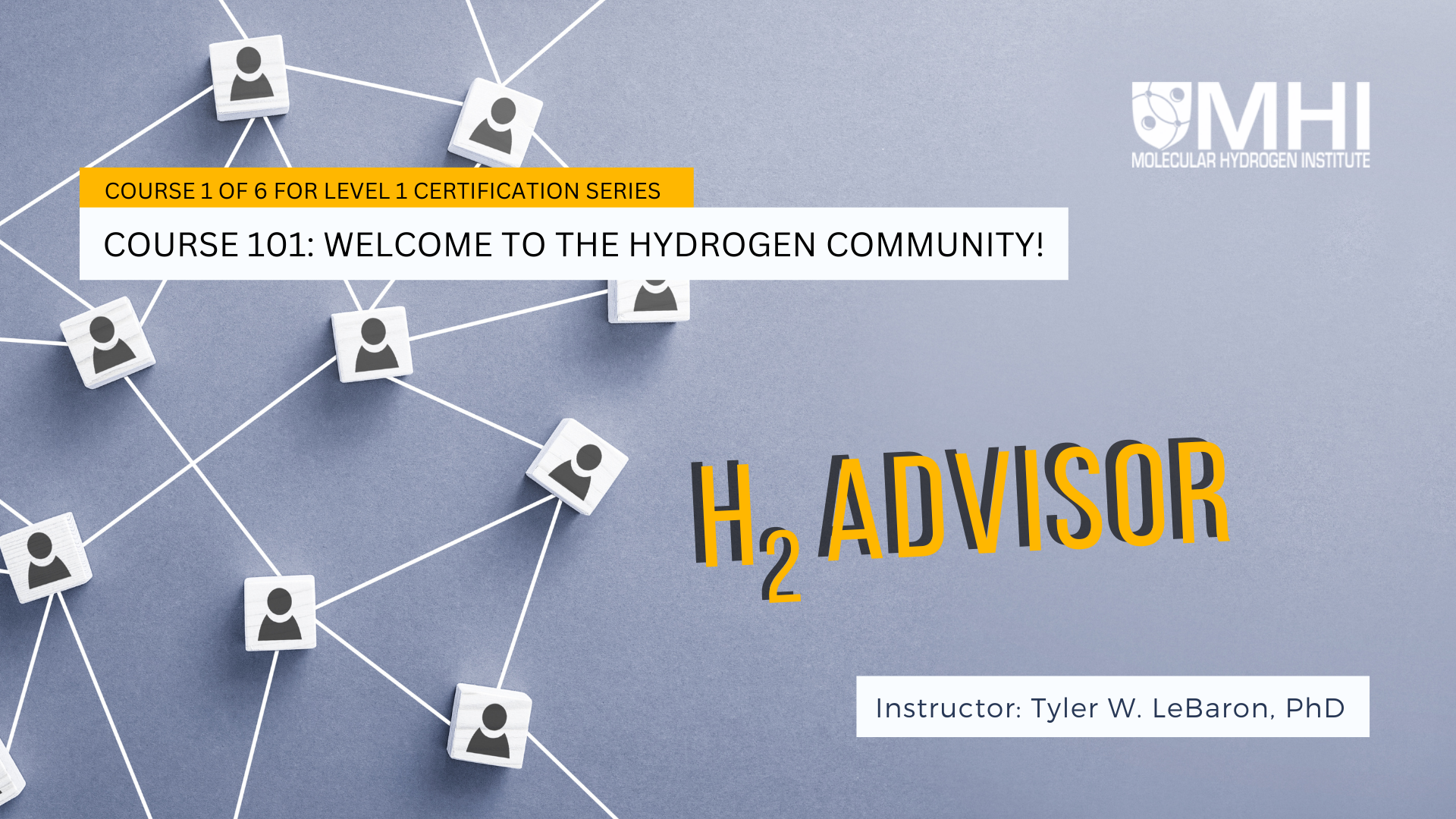
Course 101
“Welcome to the Hydrogen Community”
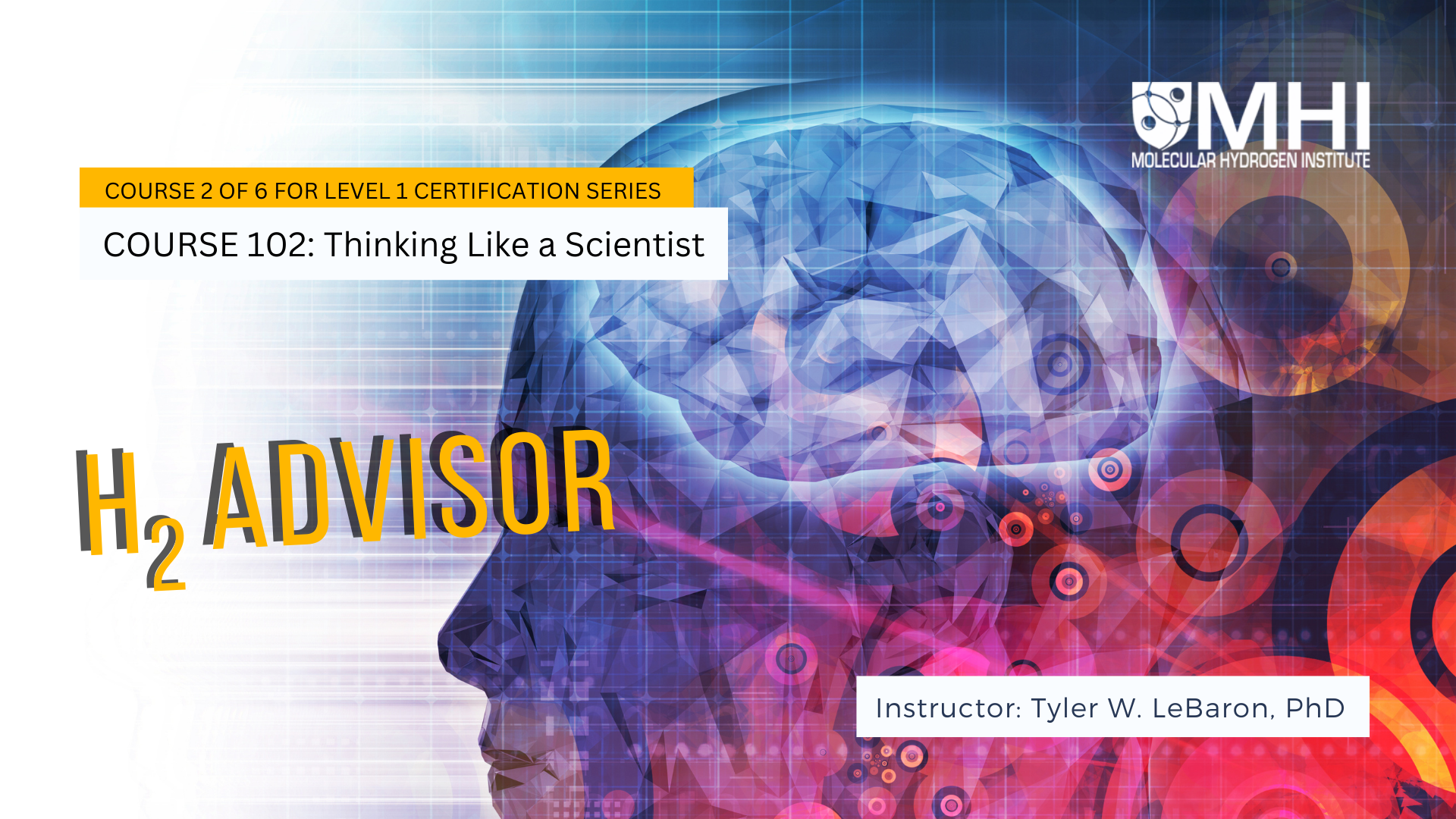
Course 102
“Thinking Like a Scientist”
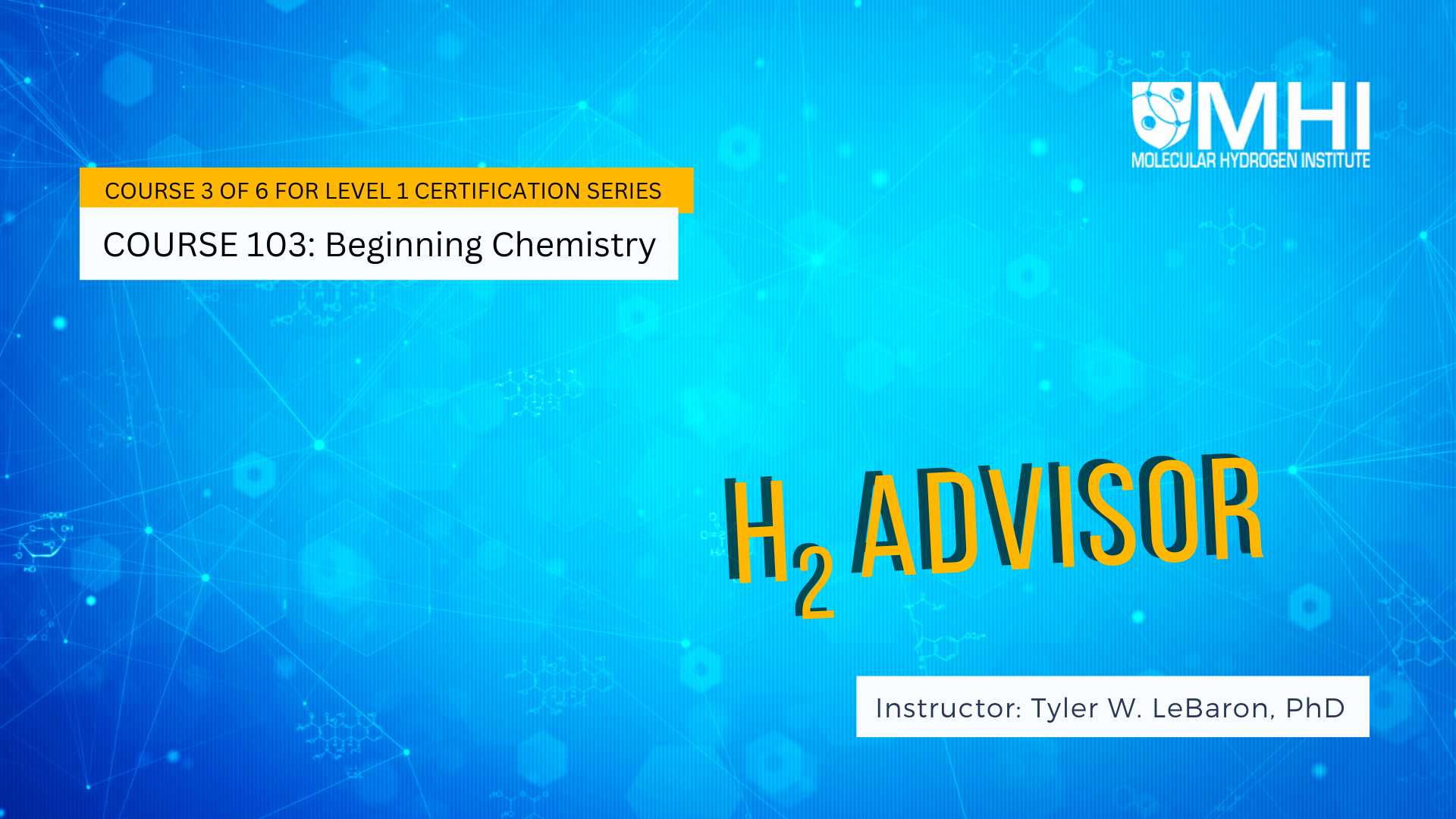
Course 103
“Beginning Chemistry”
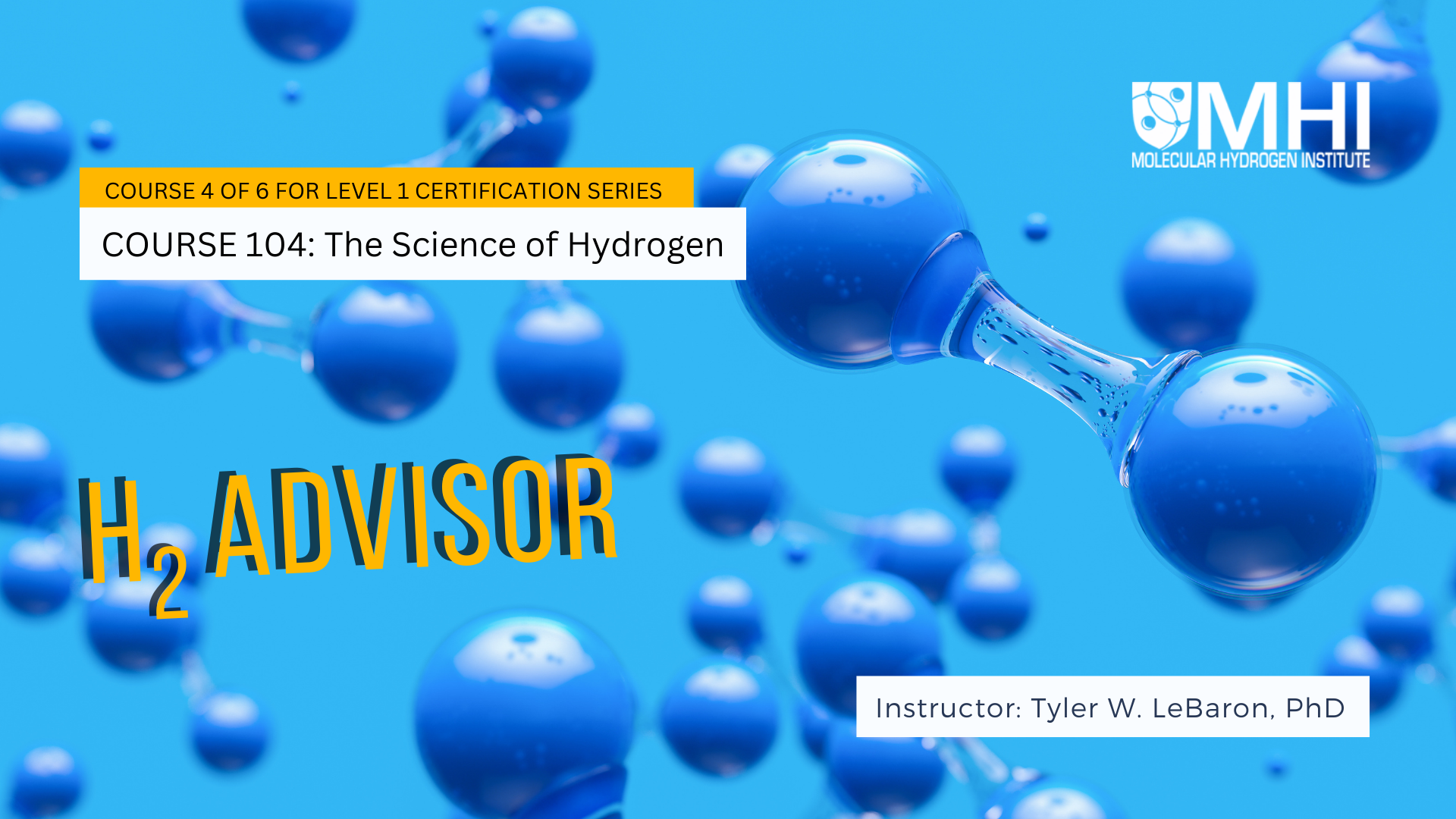
Course 104
“The Science of Molecular Hydrogen”
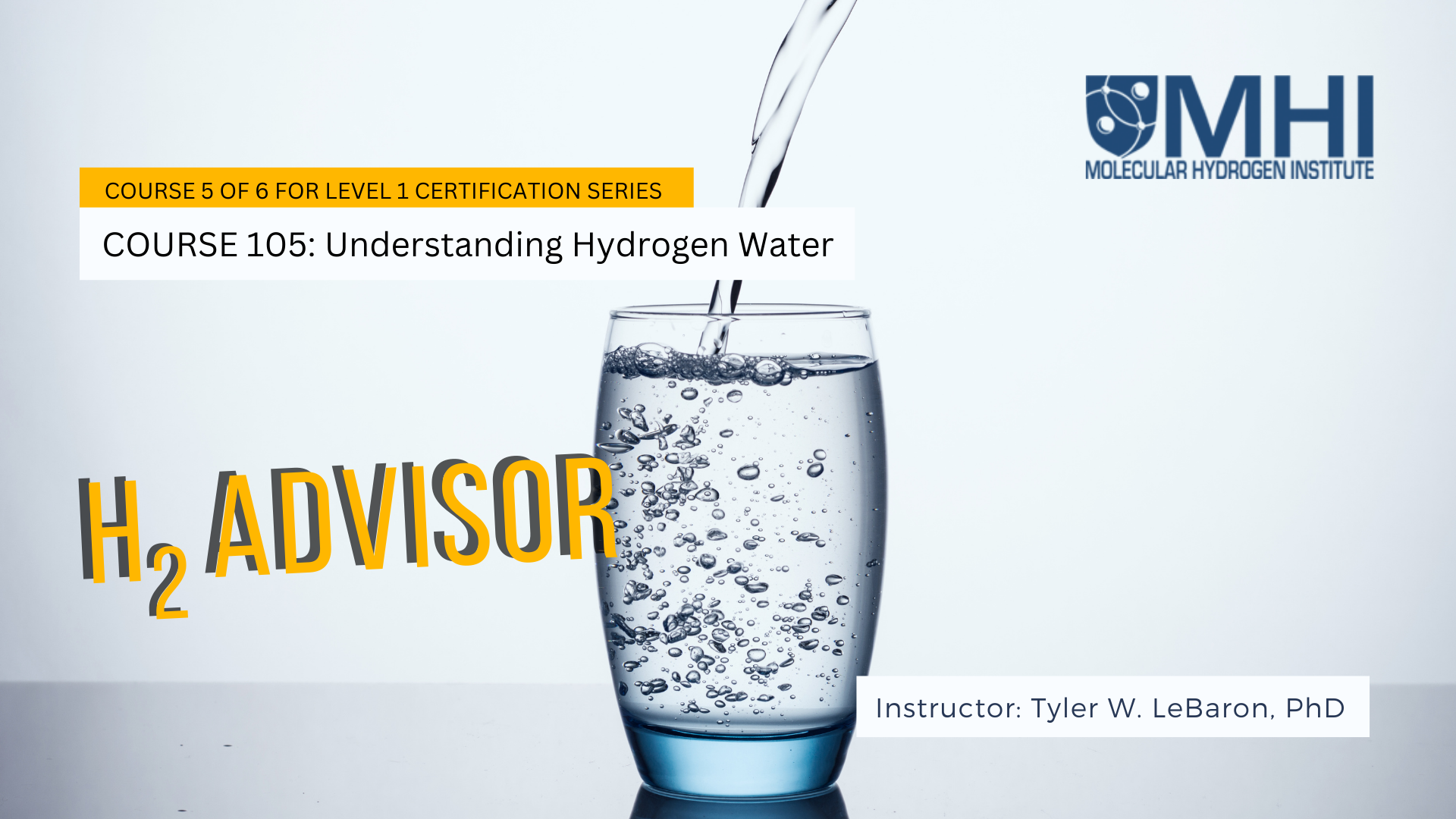
Course 105
“Understanding Hydrogen Water”
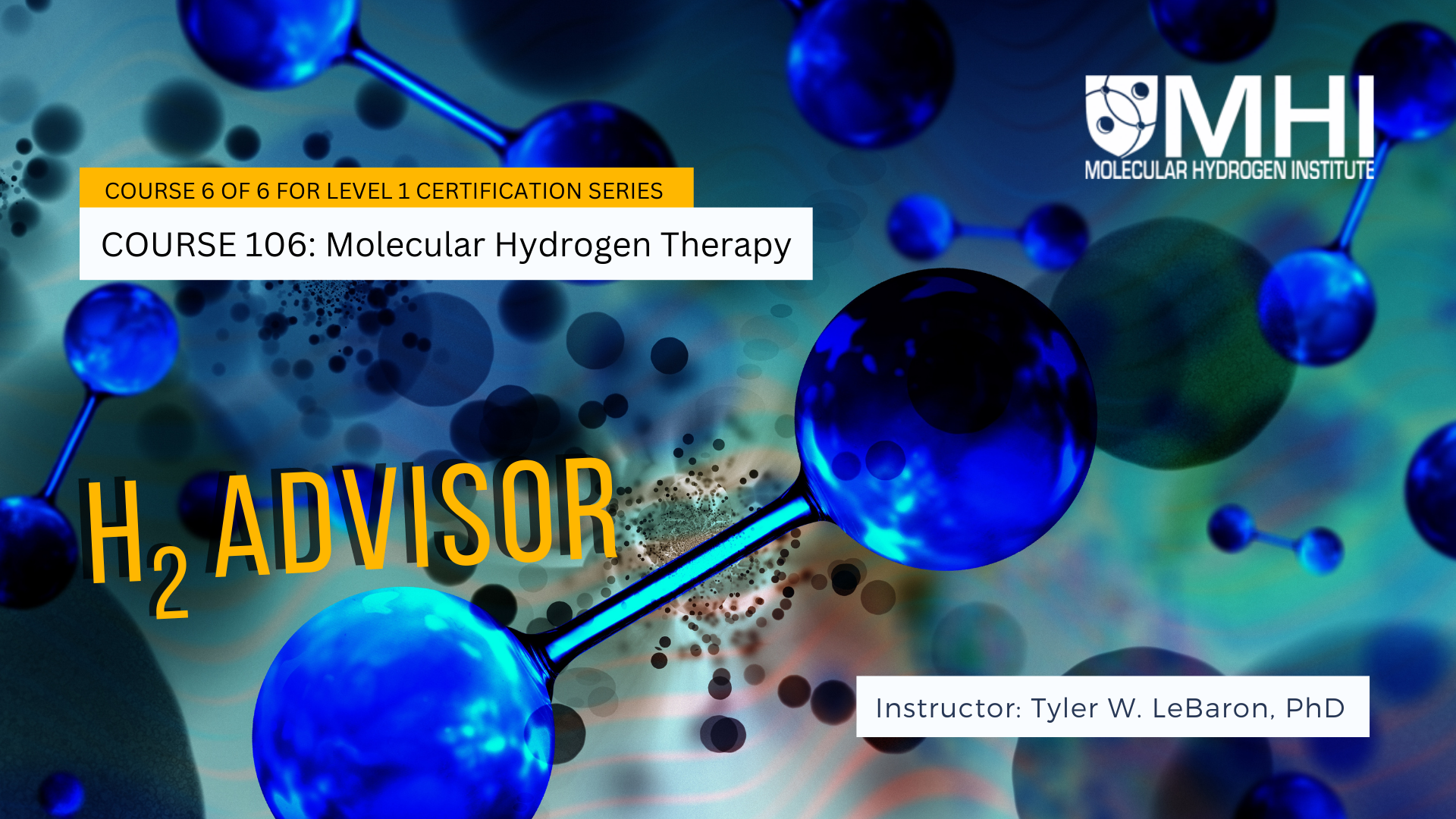
Course 106
“Molecular Hydrogen Therapy”
Frequently Asked Questions
Level 1 Course Breakdown
Below is a breakdown of each course and what you can expect to learn. You can purchase the courses individually or as a bundle. It is highly recommended to take the courses in sequential order as the content builds upon itself.
Course 101
“Welcome to the Hydrogen Community”
Course 102
“Thinking like a Scientist”
Course 103
“Beginning Chemistry”
Course 104
“The Science of Hydrogen”
Course 105
“Understanding Hydrogen Water”
Course 106
“Molecular Hydrogen Therapy”
Science is a merciless purveyor of truth. It does not care what your feelings or cherished beliefs are. It is not swayed by the popularity of a concept or the influence of those who espouse a mistaken idea.
Indeed, Science is not only the way to the truth, but a way of thinking.

Executive Director
Author of Level 1 Courses
Level 1 Course Modules
Each course is designed to be taken in order. Concepts taught in previous courses need to be understood before going to the next course. Each course has quizzes to test your knowledge and make sure you understand the material. Here is a breakdown of what you learn in each course.
Total time to complete: 6-12 hours*
*Some have completed it in 3 hrs, while others have taken 15-20, but average completion time is between 6-12 hrs.
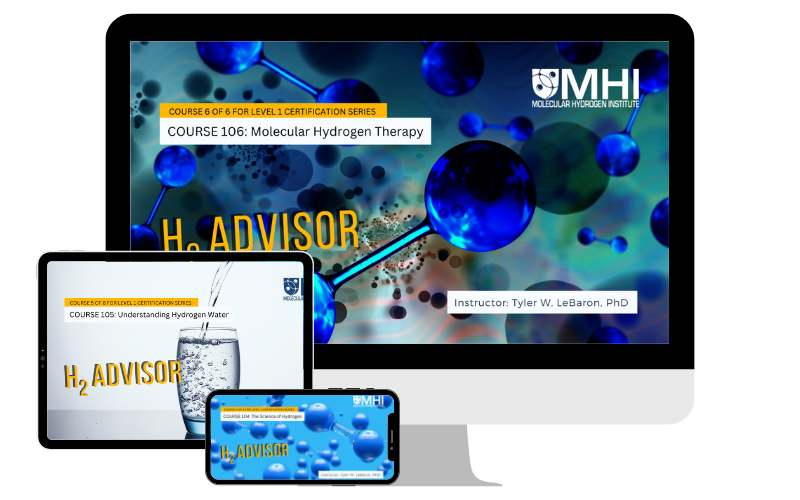
Learn about the groundbreaking research on Molecular Hydrogen that has been published in some of the most prestigious scientific journals:

